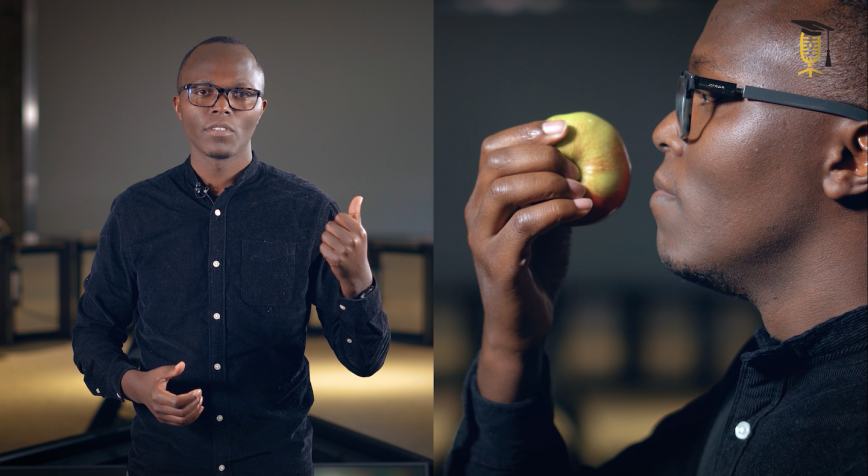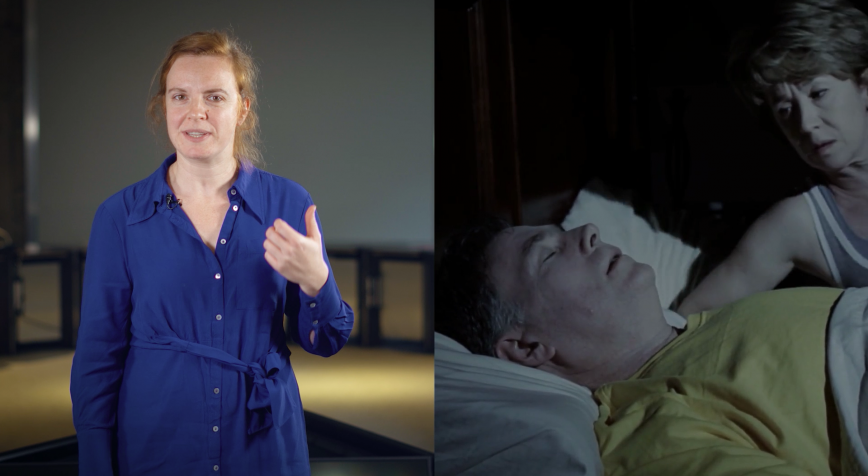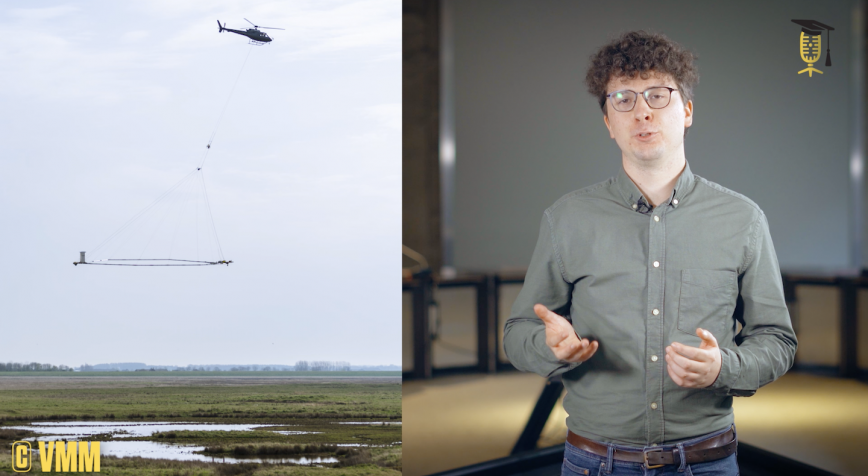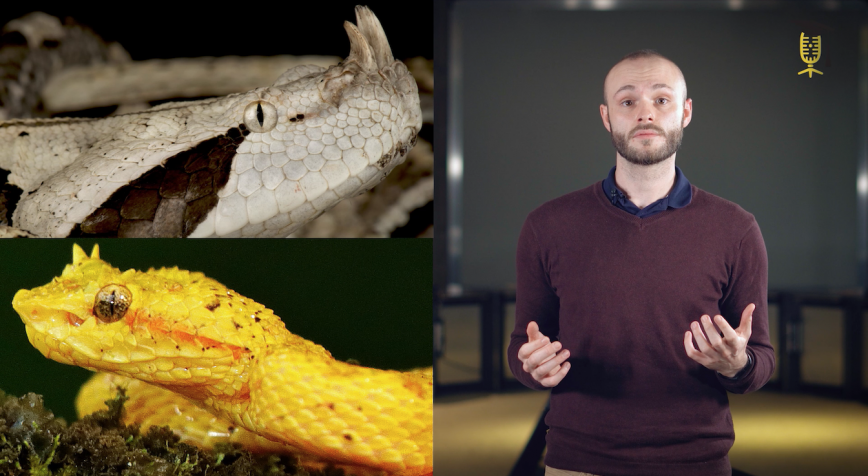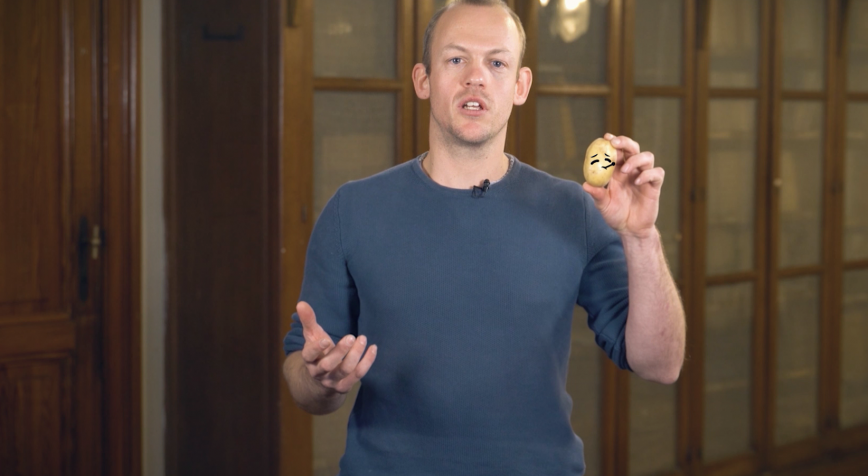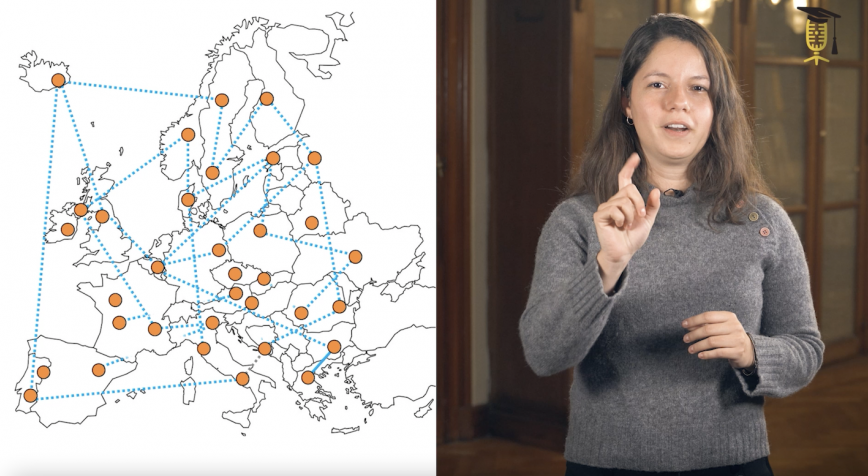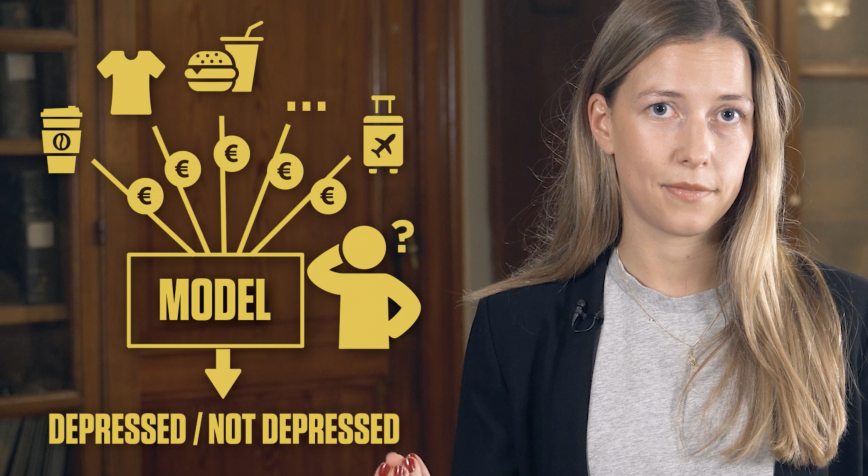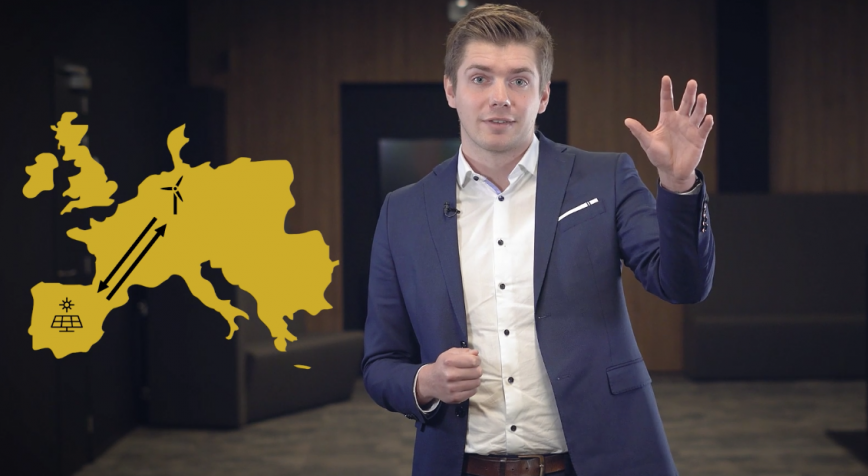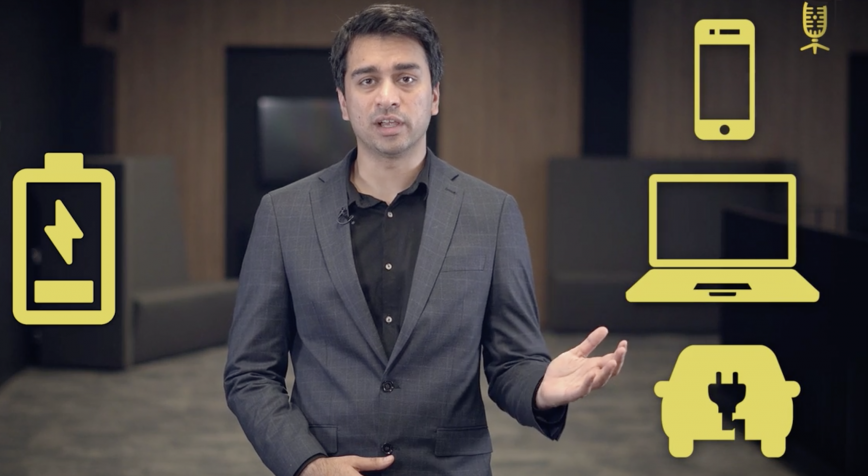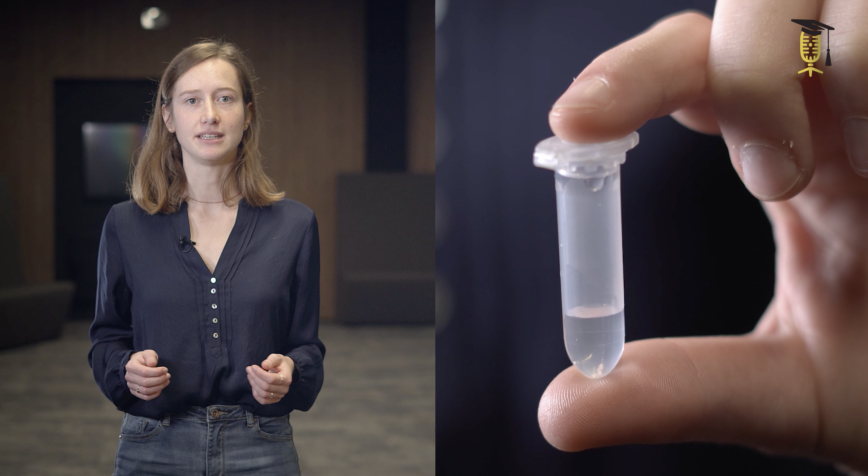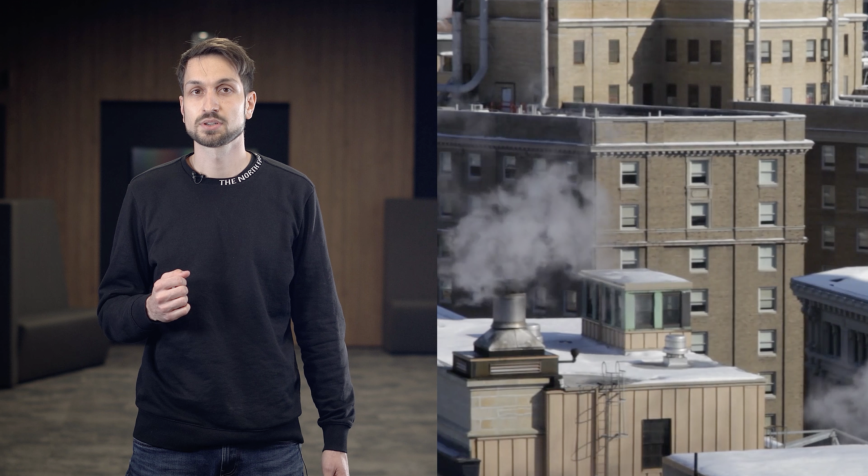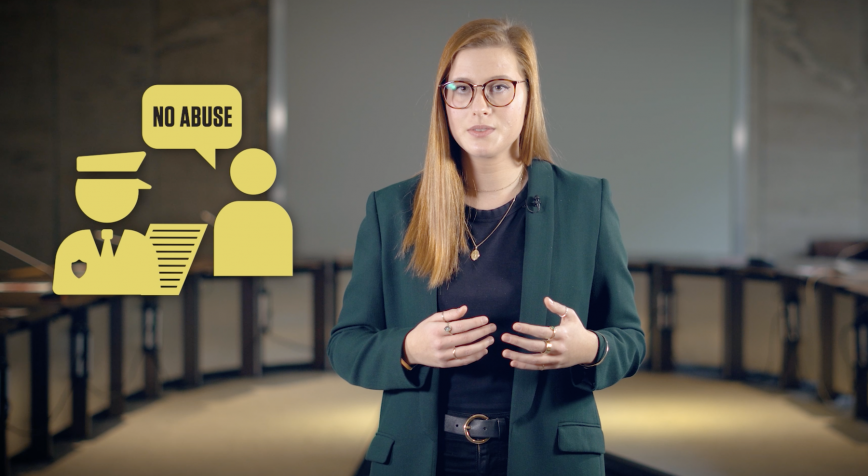
FWO
KU Leuven
How well can you trust your memory?
Our memory does not work like a video camera. We can remember details or entire events that we never actually experienced. This phenomenon is called 'false memories' and it can be problematic in court, where the decision of whether someone is guilty or not can rely entirely on memory evidence. Charlotte Bücken researches if memory for negative events can be compromised by false denials.
